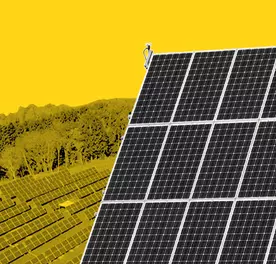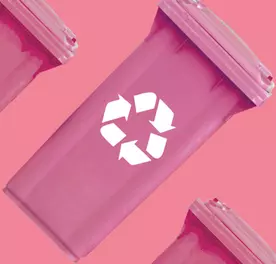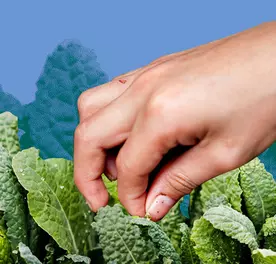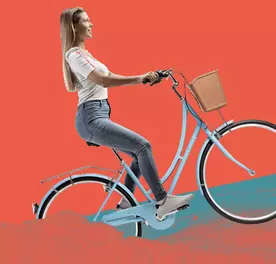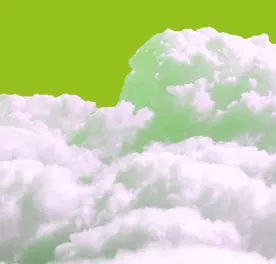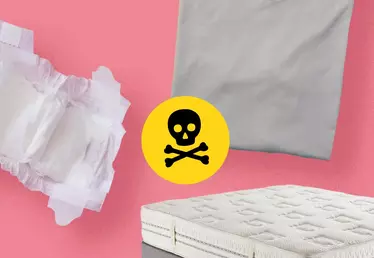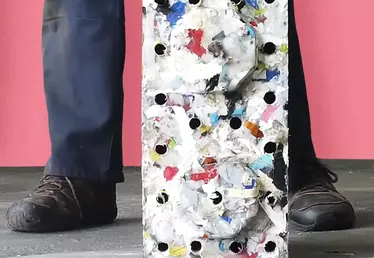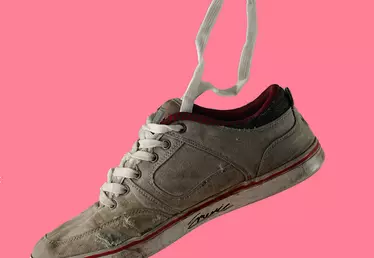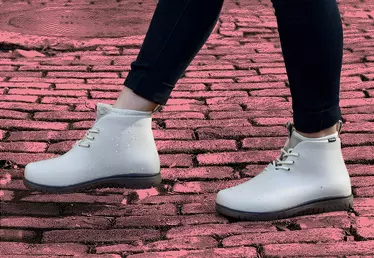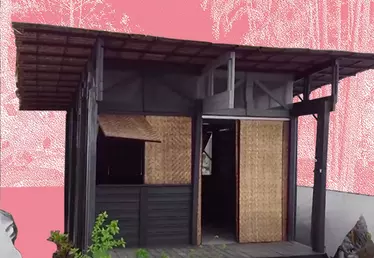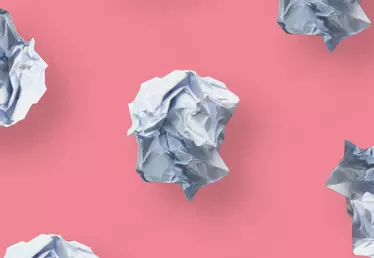

Hero banner custom title
A Ugandan start-up turns plastic waste into protective visors
3 min
In the country's second largest city, Takataka Plastics is developing small machines to turn plastic waste into building materials and protective visors for front line Covid-19 caregivers.
Located in northern Uganda, Gulu is the second largest city in the country with a population of about 140,000. But the closest recycling plant is a six-hour drive away! This makes recycling plastic waste uneconomical - even more so since China and India, traditionally major markets for Ugandan recyclers, decided to limit their imports.
Plastic waste is therefore incinerated, buried or, worse still, dumped in the countryside and on the streets of Gulu. PET bottles in particular litter the city's sidewalks.
But a local start-up decided to tackle the issue. Led by Paige Balcom, a PhD student in mechanical engineering at the University of California in Berkeley, the Takataka Plastics team is developing machines that sort, crush and melt plastic to make building materials and, more recently, protective visors for medical personnel fighting Covid-19.
Dual purpose

The story of Takataka Plastics began at the end of 2017. While spending several months in Uganda, Paige Balcom met Peter Okwoko, a Ugandan environmental activist who had founded a social waste management company in Gulu, AfriGreen Sustain. Together, they launched Takataka Plastics, a start-up with a dual purpose: to provide a solution to the plastic waste problem, and to employ and provide a supportive working environment for survivors of the Lord's Resistance Army, a Christian fundamentalist movement that has been active in Uganda since the late 1980s.
In 2019, Paige Balcom and Peter Okwoko opened a small plastic collection center in Gulu and built their first prototype machines to make recycled plastic wall tiles. Their tiles, sold to hardware stores and construction companies, have the advantage of being cheaper and stronger than ceramic tiles. They are rigid, but light and easy to install. In the context of Gulu’s booming construction sector, their product soon became popular.
Both partners insist on the local aspect of their machines, which are based on open-source designs but modified to use locally available parts and manufacturing techniques.
"Locally manufactured machines are cheaper and easier to maintain and repair if they break.”
It also means they can be easily reproduced and scaled up for distribution outside Gulu. Takataka Plastics hopes to expand to other Ugandan cities and possibly other developing countries.
From tiles to visors
The Covid-19 pandemic gave the start-up the opportunity to prove its agility. When the Takataka Plastics team heard about the lack of protective devices in hospitals, they decided to temporarily switch to manufacturing medical equipment - disposable or reusable visors for doctors and nurses working in northern Uganda.
The day after production began, a health official contacted them to ask them to provide visors to an isolation unit where staff were sorely lacking in adequate equipment, marking the beginning of their donation campaign to Uganda's public health institutions.
Since the first week of July 2020, Takataka Plastics has produced and donated thousands of visors and prevented hundreds of kilos of plastic waste from ending up in landfills or in nature.
Photo credits © Getty Images

